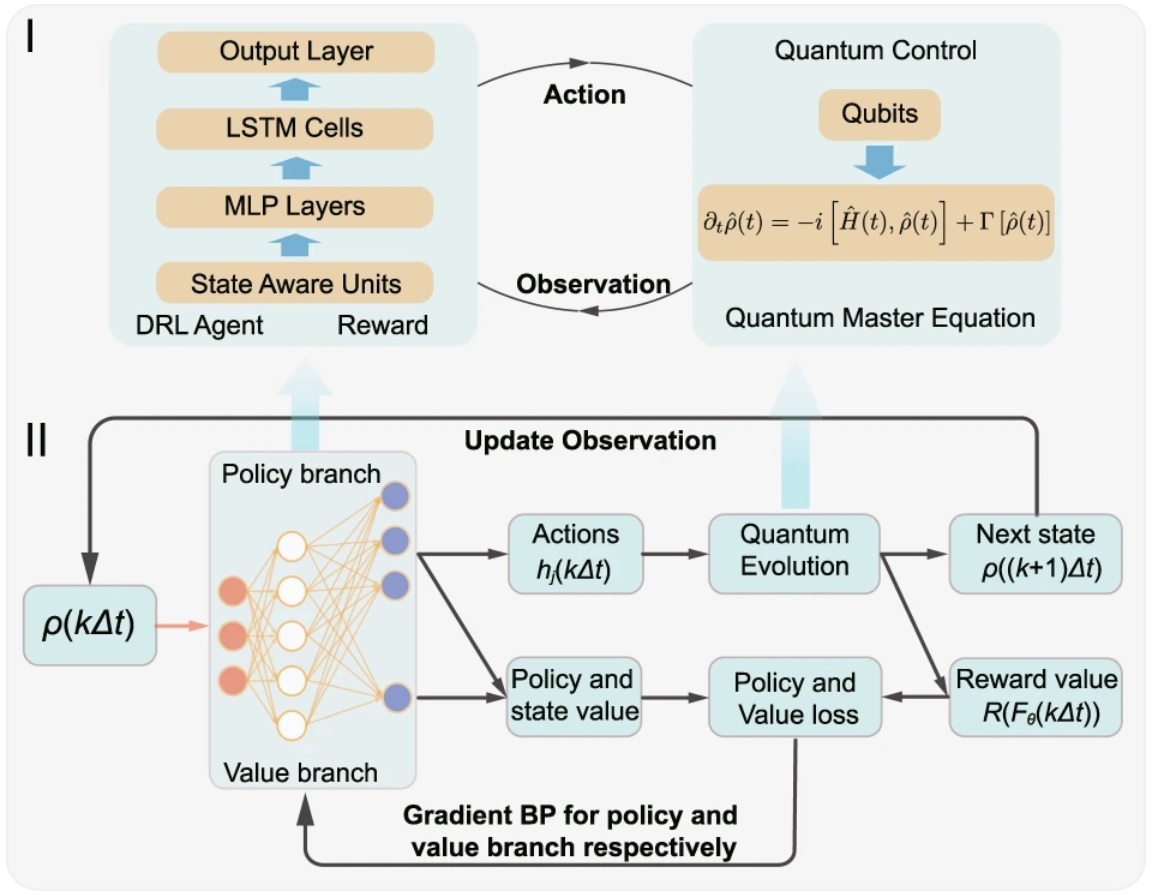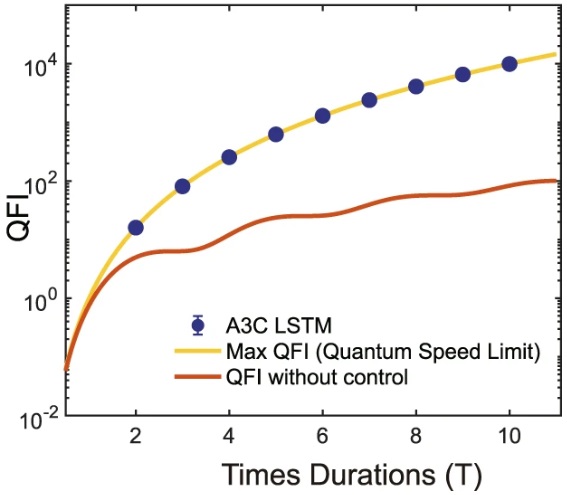- Home
- About Us
- Students
- Academics
-
Faculty
- Electrical Engineering
- Automation
- Computer Science & Engineering
- Electronic Engineering
- Instrument Science and Engineering
- Micro-Nano Electronics
- School of Software
- Academy of Information Technology and Electrical Engineering
- School of Cyber Security
- Electrical and Electronic Experimental Teaching Center
- Center for Advanced Electronic Materials and Devices
- Cooperative Medianet Innovation Center
- Alumni
-
Positions
-
Forum
News
- · Shanghai Jiao Tong University professors Lian Yong and Wang Guoxing's team have made remarkable progress in the field of high-efficiency pulse neural network accelerator chips.
- · AI + Urban Science research by AI Institute was selected as cover story in Nature Computational Science!
- · The first time in Asia! IPADS's Microkernel Operating System Research Wins the Best Paper Award at SOSP 2023
- · Delegation from the Institution of Engineering and Technology Visits the School of Electronic Information and Electrical Engineering for Journal Collaboration
- · Associate professor Liangjun Lu and research fellow Jiangbing Du from Shanghai Jiao Tong University made important advancements on large capacity and low power consumption data transmission
Professor Zeng Guihua's Team Made Significant Research Progress in the Field of Quantum Sensing
Recently, Professor Zeng Guihua's team at Shanghai Jiao Tong University published a paper entitled "Parameter estimation in quantum sensing based on deep reinforcement learning" in the Nature partner journal NPJ Quantum Information", making significant progress in the field of intelligent quantum sensing. The journal NPJ Quantum Information is the top international journal in the field of quantum information technology (5-year IF = 9.058).
Sensing technology has important applications in many fields and has received widespread attention. Quantum sensing is one of the three core directions of quantum information science (quantum communication, quantum computing and quantum sensing), and its core task is to use quantum physical properties such as quantum entanglement and quantum uncertainty to achieve the sensing of unknown environmental parameters of higher precision, sensitivity and resolution and to approximate or exceed the physical limits. In recent years, scholars at home and abroad have made good progress in time-independent quantum sensing technology, but quantum sensing of time-varying systems, especially how to approach the quantum speed limit ΔE/Δt (Quantum Speed Limit, QSL) in time-dependent systems, has been a challenging problem.
To address this problem, the Institute of Quantum Perception and Information Processing (QSIP), led by Professor Zeng Guihua, has ingeniously proposed a quantum deep reinforcement learning protocol based on quantum control, which solves the precision saturation problem of parameter estimation for time-dependent processes and reaches the QSL, providing support for achieving the precision limit of quantum sensing for time-dependent systems. Specifically, a generic quantum reinforcement learning sensing protocol is proposed using reinforcement machine learning methods, and the protocol structure is shown in Figure 1. The protocol presents a quantum Fisher information inequality for time-dependent parameter estimation from a geometric perspective and demonstrates that conventional schemes can only achieve suboptimal solutions; then a linear time-coupled quantum control ansatz and a quantum Fisher information-based reward function is proposed to unify the quantum machine learning control mechanism for time-dependent and time-independent parameter estimation in quantum sensing. For single-particle time-dependent systems, the time evolution process of ideal and noisy quantum systems is characterized using Schrödinger's equation and the quantum master equation, respectively, to solve the problem of estimating quantum sensing parameters in time-dependent systems and their fast approximation to the quantum speed limit, and the experimental results are shown in Figure 2.

Figure 1 Quantum deep reinforcement learning sensing protocol.

Figure 2 Performance of the protocol for saturating the QSL.
The protocol proposed in this work not only effectively solves the problem of high-precision sensing of time-dependent systems, but also can effectively overcome the non-perfection effect of the system and solve the globally optimal quantum control sequence, which enables the parameter estimation precision of quantum sensors to quickly saturate to the QSL, with the characteristics of global optimality, good anti-noise capability and universal applicability. The proposed method has important application prospects and practical applications in high-precision sensing technology.
The work was completed in collaboration with Shanghai Jiao Tong University and North Carolina State University, with Shanghai Jiao Tong University as the primary affiliation, PhD student Xiao Tailong as the first author and Professor Zeng Guihua as the sole corresponding author. The research work has been funded by the Key Research and Development Program of the Ministry of Science and Technology of China, the Key Project of the National Natural Science Foundation of China, and the Major Project of Quantum Science and Technology of Shanghai Municipality.
Paper link: https://www.nature.com/articles/s41534-021-00513-z
-
Students
-
Faculty/Staff
-
Alumni
-
Vistors
-
Quick Links
